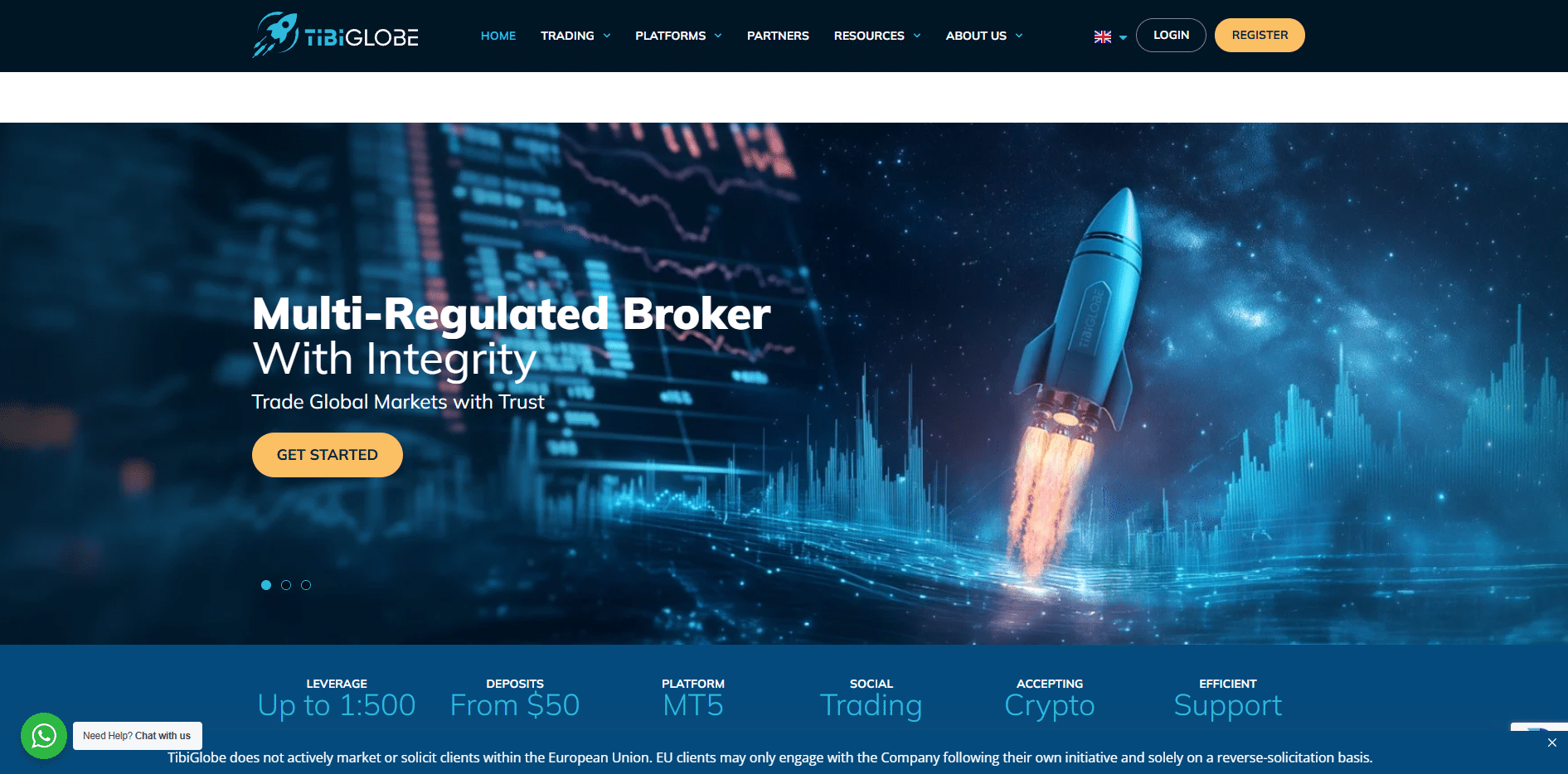Profile
XM is a globally recognised forex and CFD broker, serving more than 15 million clients across 190+ countries. Established in 2009 and operated by the Trading Point Group, XM offers multi-asset trading via MT4 and MT5, a minimum deposit from US$5, and a “zero re-quotes, zero rejections” execution commitment. This XM review covers its regulatory structure, trading platforms, product range and client protections.
Regulation and Security
XM operates through several regulated entities, with regulatory protections varying by region:
- Trading Point of Financial Instruments Ltd – Regulated by the Cyprus Securities and Exchange Commission (CySEC) under licence 120/10 (serving EU clients).
- Other regional entities outside the EU operate under local licences and protections (details vary by country and are not comprehensively listed on the public site).
For clients under the CySEC entity, XM states that funds are segregated in Tier-1 banks, is a participant in the Investor Compensation Fund and offers negative-balance protection. Outside the EU, protection frameworks may be less rigorous and vary per local entity.
Execution Model
XM promotes a “zero re-quotes, zero rejections” policy and states that most trades execute within one second. The broker uses market and STP style execution depending on account type and region. The site does not clearly delineate a dedicated ECN or raw-spread execution tier for all markets across all jurisdictions.
Trading Platforms
XM supports both MetaTrader 4 (MT4) and MetaTrader 5 (MT5), available on desktop, web and mobile. Key features include one-click trading, Expert Advisor (EA) / algorithmic trading support, and VPS hosting options. MT5 offers advanced order types and wider instrument access compared with MT4.
Supported Markets
XM offers a broad product range across major asset classes, though specific instruments vary by entity:
- Forex – Dozens of currency pairs including majors, minors and some exotics.
- Indices & Commodities – CFDs on global indices, metals, energies and soft commodities.
- Shares / Equity CFDs – Available in some jurisdictions via MT5.
- Other Instruments – Availability of thematic indices, cryptocurrencies and other non-standard assets depends on region and entity terms.
Asset and leverage availability depend on the regulatory entity and local rules.
Account Types and Trading Conditions
XM’s global site highlights a minimum deposit of US$5. Account types include:
- Micro / Standard Accounts – Entry-level accounts with no or low commissions.
- Ultra Low / Zero Accounts – Tighter spreads promoted in certain jurisdictions (for example spreads from ~0.6 pips on Ultra Low) though exact conditions depend on the entity and region.
Key conditions vary:
- Minimum deposit: US$5 (subject to “depending on entity and region”).
- Spread from ~0.6 pips in favourable account/region; raw-spread accounts may be marketed but depend on region.
- Leverage: in EU jurisdictions capped at regulatory maxima (for example 1:30 for major FX pairs); in offshore entities higher leverage may apply (site states “up to” various figures but exact disclosure depends on region).
- Swap-free/Islamic accounts: offered in many regions (subject to eligibility and local rules).
Retail and Institutional Features
XM primarily caters to retail traders, but does support algorithmic trading via VPS/EAs, affiliate/IB programmes and multi-terminal access. Institutional features such as FIX/API connectivity, DMA liquidity or white-label partnerships are not clearly marketed on the global site.
Client Protection and Transparency
For clients under the CySEC-regulated entity, XM publishes:
- Segregated client funds held in tier-one banks.
- Participation in the Investor Compensation Fund (ICF) for eligible EU clients.
- Negative-balance protection (for the regulated entity quoted on the site).
For offshore/less regulated entities, the site indicates protections vary and investors should review the specific entity’s terms.
Base Currencies, Order Types, and API Access
The website lists multiple base currencies (USD, EUR, GBP, JPY, AUD etc) depending on entity. Order types supported via MT4/MT5 include market, limit, stop and stop-limit, with trailing stop and OCO available via EA logic. XM does not prominently advertise public FIX or REST API access—automation is primarily via MT4/MT5 EAs.
Pros and Cons
- Pros:
- Strong global brand with 15M+ clients in 190+ countries.
- Regulated main entity (CySEC) with client-fund segregation and negative-balance protection.
- Low minimum deposit (US$5 in many regions) and access to MT4/MT5 with EA/algorithmic support.
- Cons:
- Key trading conditions (spreads, leverage, instrument availability) vary significantly by jurisdiction & entity — what applies in one region may not apply elsewhere.
- Advanced institutional-style execution features (FIX/API access, DMA, white-label) are not clearly covered in the public site.
- The “zero re-quotes/zero rejections” execution claim is broad; detailed order-routing transparency is limited.
Frequently Asked Questions
Is XM a regulated broker?
Yes. XM’s principal regulated entity is Trading Point of Financial Instruments Ltd (CySEC licence 120/10). Regional licensing and protections vary depending on the client’s jurisdiction.
What platforms does XM support?
XM supports MetaTrader 4 and MetaTrader 5 across desktop, web and mobile, including algorithmic / EA trading support.
What is the minimum deposit at XM?
The minimum deposit is US$ 5 in many global regions (subject to entity and account type).
What leverage is available at XM?
Leverage depends on the jurisdiction and entity: in the EU, e.g., up to 1:30 for major FX pairs; in other offshore entities higher leverage is marketed (e.g., up to 1:1000 in some cases).
Does XM offer cryptocurrency trading?
Yes — cryptocurrencies are offered in certain regions/entities, but availability depends wholly on the client’s regulatory entity and local jurisdiction.


